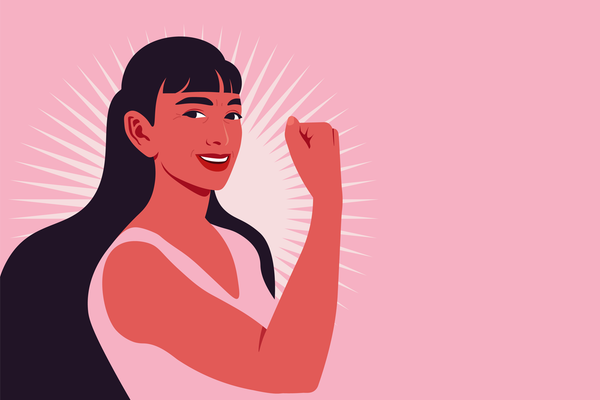If we get a cut, we clean it and put a bandage on it.
If we have a bad cough, persistent fever or chronic pain, we visit our health care professional.
We know how to take care of our bodies. But how much time and attention do we pay to our minds?
In a Ted talk, psychologist Guy Winch points out that we have no problem visiting a doctor when we feel ill. But, he asks the rhetorical question: Why don't we seek the help of a health professional when we feel emotional pain, like guilt, loss or loneliness?
Winch says we must take care of our emotions and our minds "with the same diligence we take care of our bodies." Learn more about 5 Easy Ways to Take Good Care of Yourself.
This form of emotional first-aid is not a selfish act and is not self-indulgent. Instead, self-care is gaining a coveted place in our culture, especially now. Perhaps it's the uncertain times we live in and the knowledge that we need to hang on to comfort now more than ever. Or maybe it's knowing that we simply cannot sustain an unregulated and unreal pace indefinitely.
Your emotional energy gets depleted by doing too much for too long without a break—by ignoring the signs of burnout; by sacrificing important things, like exercising, socializing and relaxing because you're "just too busy." Letting these things go only makes the emotional load heavier.
By practicing self-care, we give ourselves a chance to step away and breathe, thus avoiding burnout. Because, face it, it's not just physical energy and stamina that are threatened by doing too much for too long; it's also focus and mental acuity.
Read about how one woman started prioritizing self-care in motherhood.
Just what does it mean to take care of yourself?
- Make time for important things in your daily routine, like eating well and exercising.
- Take time to process negative feelings, like anxiety or stress. Don't rush through them or ignore them altogether. Acknowledging your feelings can slow you down and help you think more rationally and can stop your emotions from looming even larger.
- Write it down. Keeping a journal—whether it be a gratitude journal to remind you of the good things in your life or a written account of your feelings—can help you cope with negative events, researchers find.
- Learn how to say no. It can be tough, but setting limits on your time can help you deal with feelings of anxiety, stress and irritability from taking on too much.
- Don't forget to schedule time for yourself. Whatever you love to do, make sure you do it. Block out time in your calendar, and stick to that promise.
Read more:
Easy Steps Toward Discovering Resilience in Midlife
Self-Care for the Soul: An Interview With Life Coach Pamela Mulhearn







